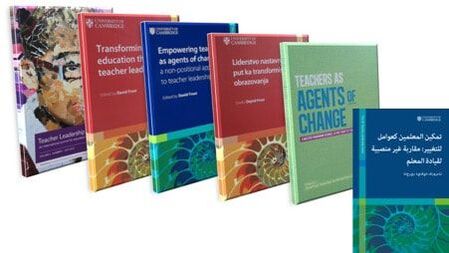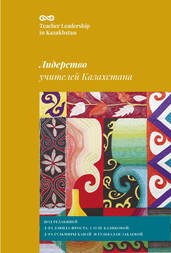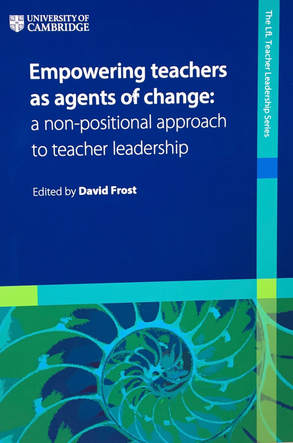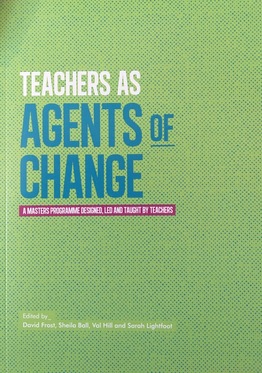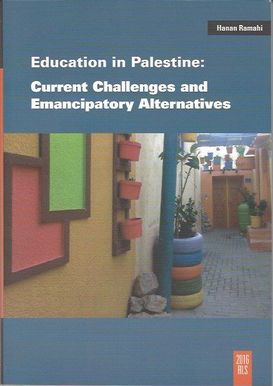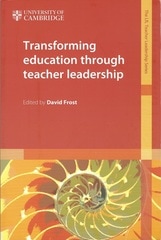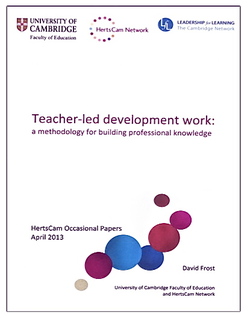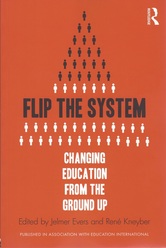- Home
- Who We Are
- Programmes
- International
-
Events
-
Previous events
>
- Event Programme
- Virtual Network Event - 9th February 2022 >
- Event Programme
- Virtual International Network Event 9th October 2021 >
- Virtual Network Event 6th May 2021 >
- Virtual Network Event 10th February 2021 >
- Virtual Network Event 18th November 2020 >
- International Virtual Network Event 17th October 2020 >
- VIRTUAL INTERNATIONAL ANNUAL CONFERENCE 2020
- 2019 Annual Conference
- The HertsCam 20 year Anniversary Symposium
- Accounts of past events
-
Previous events
>
- Publications
- Home
- Who We Are
- Programmes
- International
-
Events
-
Previous events
>
- Event Programme
- Virtual Network Event - 9th February 2022 >
- Event Programme
- Virtual International Network Event 9th October 2021 >
- Virtual Network Event 6th May 2021 >
- Virtual Network Event 10th February 2021 >
- Virtual Network Event 18th November 2020 >
- International Virtual Network Event 17th October 2020 >
- VIRTUAL INTERNATIONAL ANNUAL CONFERENCE 2020
- 2019 Annual Conference
- The HertsCam 20 year Anniversary Symposium
- Accounts of past events
-
Previous events
>
- Publications

